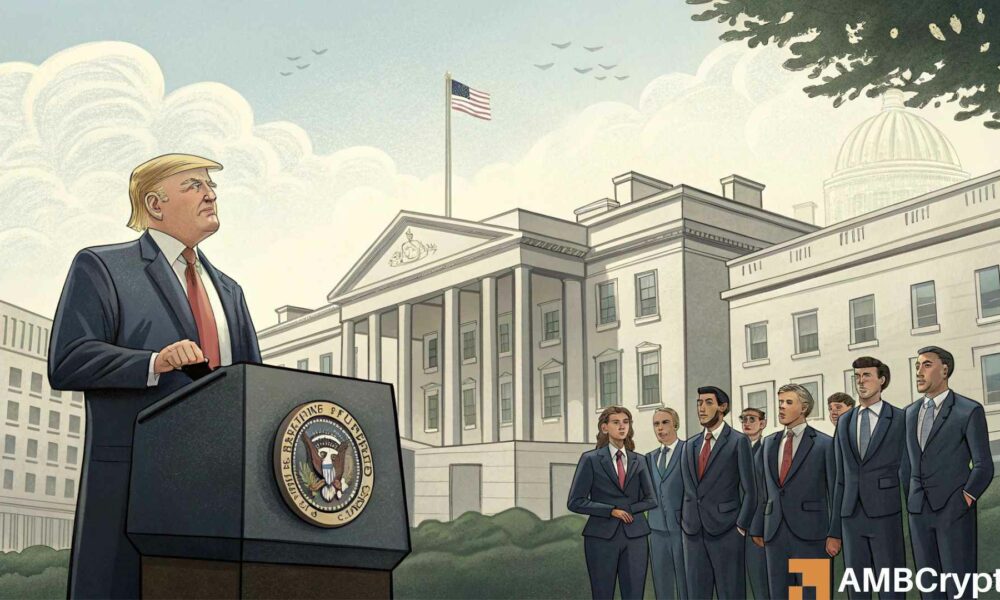Recent reports suggest that the Securities and Exchange Commission (SEC) of the United States has onboarded more than 50 legal professionals and support staff for the enforcement actions related to cryptocurrencies.
This strategic move under the administration of pro-crypto President Donald Trump seems to be propelling the digital asset and blockchain sector towards new horizons, following the stringent directives set by Gary Gensler.
Shifts in Cryptocurrency Regulation
The newly appointed SEC Chair, Mark T. Uyeda, has enlisted the support of crypto advocate Hester Peirce as a member of the SEC’s recently formed unit dedicated to crypto enforcement, aimed at reevaluating its existing policies, which she had previously criticized as ambiguous and unworkable.
In her statement, Peirce articulated her vision to establish a dedicated task force that would craft a regulatory structure conducive to fostering innovation within the industry while simultaneously thwarting fraudulent activities.
Interconnection between the SEC and Cryptocurrency
For those unfamiliar with the landscape, the crypto enforcement unit was first established in 2017 and has since been expanded during the tenures of Jay Clayton and Gary Gensler, managing close to 200 litigations against crypto entities, including notable names like Coinbase and Ripple Labs.
In the year 2024, the most prevalent allegations raised by Gensler’s SEC pertained to fraud and unauthorized securities offerings. Furthermore, data indicates that the fines imposed on digital asset market players in 2024 hit a pinnacle, surpassing $4.98 billion, primarily due to a single settlement reaching a multibillion-dollar figure.
Implications for the Cryptocurrency Sector
It is anticipated that the SEC under Trump’s leadership will adopt a more supportive stance towards the crypto domain, diverging from Gensler’s rigid strategies.
Industry experts and analysts postulate that this backing from Trump could foster innovation and enhance investment prospects, although detractors express concerns that it might diminish consumer safeguards and pave the way for fraudulent schemes to proliferate.
As the SEC’s approach shifts towards fewer constraints, the future trajectory of cryptocurrency regulation remains uncertain, leaving both investors and regulators in a state of apprehension.

